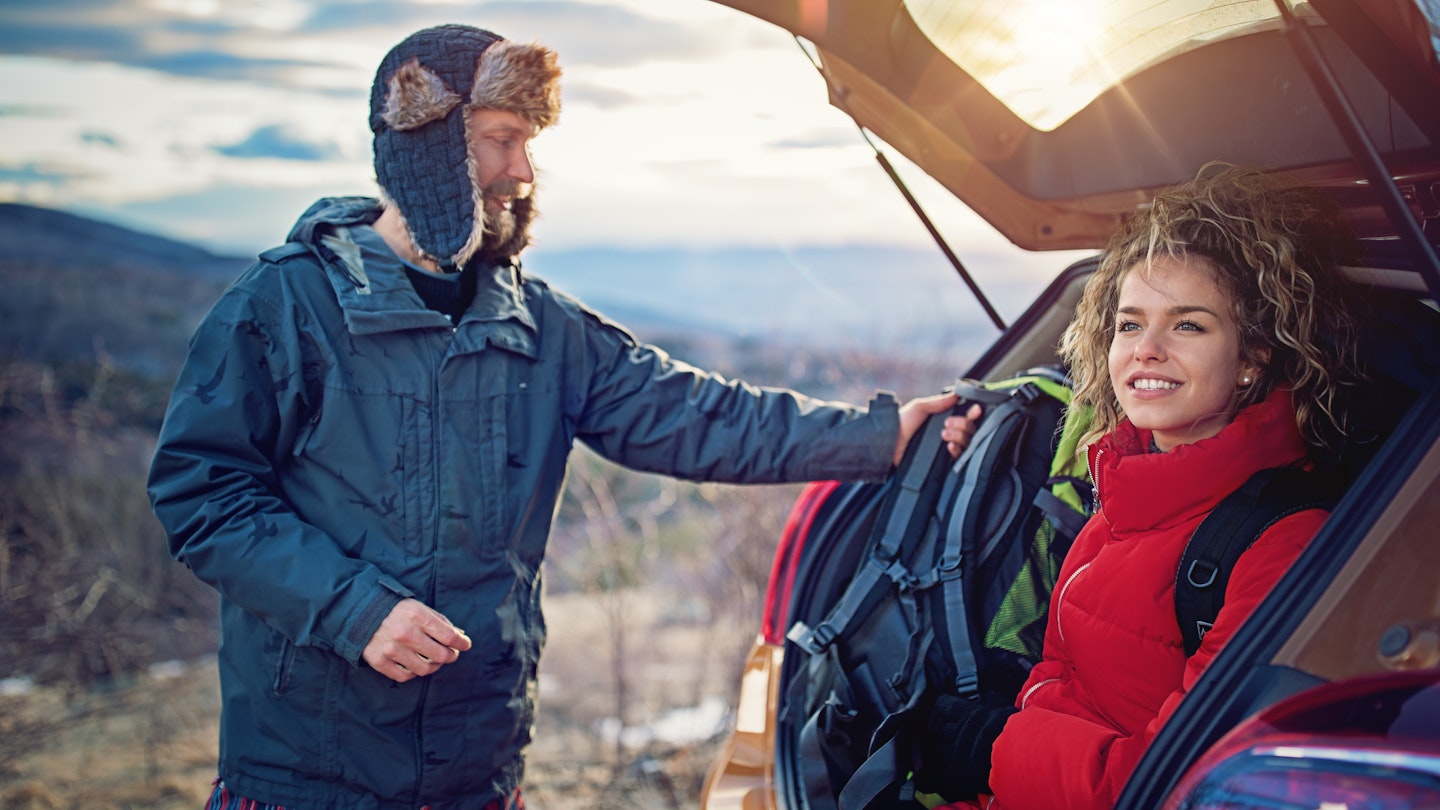Lonely Planet
- Travel News
- Norway
Share
Oct 1, 2020 • 4 min read

Norway has strong outdoor traditions, even in the depths of winter. In a country where winters are stubbornly long and dark, they’ve learned to embrace the outdoors as much as possible through “friluftsliv” — a concept that roughly translates to “open-air-living”. It’s somewhat akin to the Danish hygge, but while hygge focuses on comfort indoors, friluftsliv emphasizes outdoor comfort.

Friluftsliv (pronounced free-loofts-liv) is a natural part of Norwegians’ holidays and spare time, deeply ingrained in the country’s heritage. It promotes the embrace of the outdoors, even in winter, with its chilly temperatures. Taking the time to connect with nature allows individuals to breathe in fresh air and appreciate the simplicity of the outdoors. “Outdoor life does not focus on competition or timekeeping, but on physical activity at your own pace, as well as relaxation, calm, and time for yourself and with others,” explains Dag Terje Klarp Solvang, secretary general of the Norwegian Trekking Association (DNT). “It really is something that everyone can enjoy, and that is why it is so popular.”
With friluftsliv, there’s no need for significant financial investment to enjoy the outdoors. It can be something as simple as taking a walk with your family, going wild camping with friends, or enjoying a fishing trip with a relative. Indeed, most people probably embrace friluftsliv to some degree. Nonetheless, in Norway, it is a passion. Most individuals will find a way to enjoy the outdoors come hail, rain, or shine. The term was first coined in the 1850s by the famous Norwegian playwright and poet, Henrik Ibsen, who noted how spending time outside could enhance spiritual and mental wellbeing. Today, it is used more broadly by Norwegians and Scandinavians to describe everything from biking to mountain cabins, to relaxing in a sauna after an invigorating open-sea swim.

Norwegians are fortunate to have a diverse range of natural landscapes, whether that’s in a bustling city like Oslo or a remote village in the north, characterized by its snowy vistas. Moreover, during the pandemic, more individuals discovered the soothing benefits of nature and “friluftsliv”. According to DNT, its trip-planning app, which assists users in finding suitable trails or cabins, reached over five million users this year, reflecting a 70% growth from 2019, despite several restrictions limiting hiking opportunities. This illustrates the immense demand for friluftsliv during challenging times. “When society was shut down in March, nature was open, 24/7. Nature is where we went to disconnect from daily stress, uncertainty, and cramped living conditions,” said Dag Terje.
In Norway, there exists a law known as the Outdoors Recreation Act, which promotes friluftsliv by granting the right of public access to the countryside. This law allows individuals to utilize the land for camping, hiking, skiing, biking, canoeing, and more without concerns over trespassing. As long as they respect the land and leave it as pristine as it was found, they are free to enjoy recreational activities.
The outdoor lifestyle is further supported by DNT, which has created Europe’s largest marked hiking trail network, spanning 22,000 kilometers throughout the country. One of the association’s primary objectives is to establish pathways in populated areas to ensure that no one in Norway is further than 500 meters away from the nearest hiking trail. “We have accomplished a vast amount already, and we plan to continue doing so to facilitate access for everyone to get outside and enjoy nature close to their homes,” said Dag Terje.
For some, winter may feel excessively long and dark, leading to mental sluggishness and even darkness-induced seasonal affective disorder (SAD). While friluftsliv may not cure these challenges, it can enhance the winter experience and help individuals find joy rather than merely enduring the season. As Norwegians often say, there’s no such thing as bad weather, only inadequate clothing. Therefore, remember to dress warmly, protect yourself from rain, and get outside—even if it’s just to hug a tree like their Nordic neighbors in Iceland.





